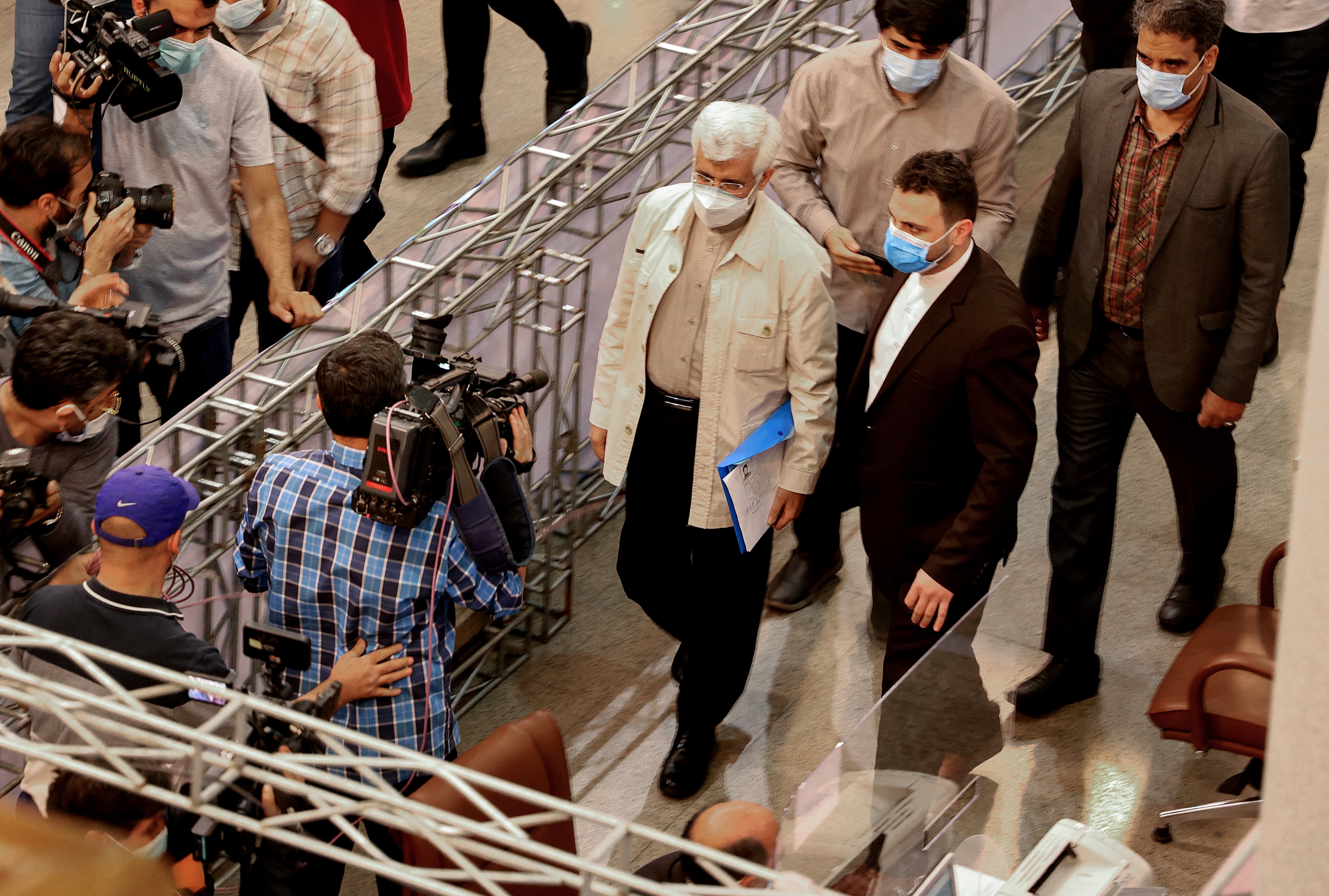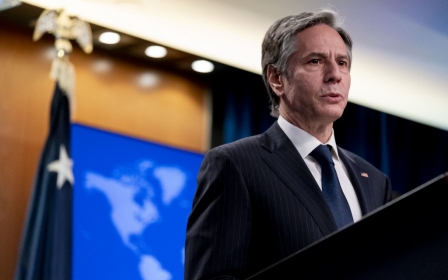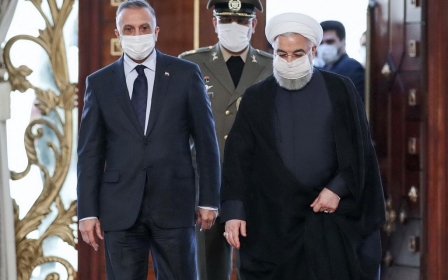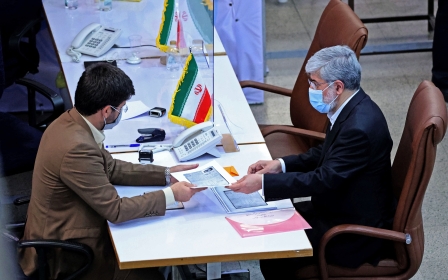Iranian press review: No prominent reformist candidate for presidential election

No prominent reformist figure registers for presidential election
On Saturday evening the five-day registration time to sign up for the June presidential election ended and the leading candidates from the reformist and conservative factions registered for the race.
With only hours to go before the deadline for resigstration, Iran's chief justice, Ebrahim Raisi, arrived at the interior ministry to end all speculation about his willingness to become Iran's next president.
Among conservative candidates, Raisi is the most prominent figure, enjoying the backing of Iran's Supreme Leader Ayatollah Ali Khamenei and the Islamic Revolutionary Guard Corps. In 2017, he lost the election to President Hassan Rouhani but was appointed as head of judiciary by Khamenei.
Several conservative candidates dropped out of the race when Raisi announced his candidacy, Tasnim news agency reported.
Former president Mahmoud Ahmadinejad registered his name on 13 May as his supporters scuffled with security forces at the interior ministry entrance. Ahmadinejad said that he would boycott the election if the Guardian Council disqualifies him from the race. He and some officials in his administration were banned from running at the past two elections.
From this political faction, eight ministers who served in Ahmadinejad's two administrations were among the candidates who registered for the election.
In the reformist camp, however, no prominent candidate has registered. Mohammad Javad Zarif, originally tipped as the reformists' leading candidate, is not entering the race after an audio recording of him criticising Iran's assassinated commander Qassem Soleimani was leaked to the press.
In the absence of Iran's foreign minister, Mostafa Tajzadeh is the most prominent reformist figure to have registered. However, Tajzadeh's chance of passing the Guardian Council's vetting process is minimal due to his criminal record. The former presidential adviser was imprisoned for seven years in 2009 for supporting Iran's Green Movement.
During the five-day registration period, 592 men and women signed up for June's presidential elections.
On Saturday, the Guardian Council began the vetting process of the candidates, and on 25 May, the council's spokesperson will announce the names of qualified candidates.
Academics urge release of two award-winning students
A group of 170 professors at Iran's Sharif University of Technology have denounced the imprisonment of two students for over a year, and in a letter to the authorities demanded their immediate release.
The letter's signatories reminded Iran's high ranking officials of the two students' academic merit and the awards they had won in the international scientific olympiads, urging the authorities to pardon them, ISNA news agency reported.
Amir Hossein Moradi and Ali Younesi were arrested in April 2020 by Iran's intelligence ministry and kept in custody with no trial.
For two months, the two elite students were in solitary confinement and later, Iran's judiciary accused them of acquiring explosives and "plotting to cause catastrophe".
Moradi and Younesi face charges such as "acting against national security" and "spreading corruption on earth," charges which could be punishable by death.
The imprisonment of the award-winning students has sparked outrage among Iranian academics and human rights organisations. Despite demands for their freedom, the two are still kept in Tehran's infamous Evin prison.
Iranian director 'killed and dismembered' by parents
The brutal murder of 47-year-old director and university lecturer Babak Khorramdin, has caused shock and anger among Iranians, while several dailies covered the killing on their front page on Tuesday.
The Iranian director lived with his parents, and his dismembered body was found inside a suitcase dumped in a rubbish bin. The identity of his body was determined by checking the fingerprints.
Local media reported that Khorramdin's parents confessed to the murder, and the police arrested then both. Khorramdin's father confessed that he killed his son because he was having endless fights with him.
"Since the outbreak of coronavirus, Babak taught his students online," Khorramdian's 81-year-old father was quoted as saying.
"With the excuse of giving private lessons, he invited girls to our home and went inside his room with them. He asked his mother to prepare food for his guests. We knew that he had sex with them inside the room. I was tired of his attitudes… Finally, his mother and I decided to get rid of him," he said.
The brutal nature of the murder shocked Iranians, who took to social media to condemn the killing, urging the judicial system to consider harsher punishment for such crimes.
"A world in which parents make a plan to kill their child is a scary place to live in," one wrote on Twitter.
Khorramdin was not a famous director in Iran, but his experimental and documentary films were known to cineastes. Khorramdin's most well-known film, A Requiem for Yashar, was based on his experience living in London.
* Iranian press review is a digest of reports that are not independently verified as accurate by Middle East Eye.
Middle East Eye propose une couverture et une analyse indépendantes et incomparables du Moyen-Orient, de l’Afrique du Nord et d’autres régions du monde. Pour en savoir plus sur la reprise de ce contenu et les frais qui s’appliquent, veuillez remplir ce formulaire [en anglais]. Pour en savoir plus sur MEE, cliquez ici [en anglais].





